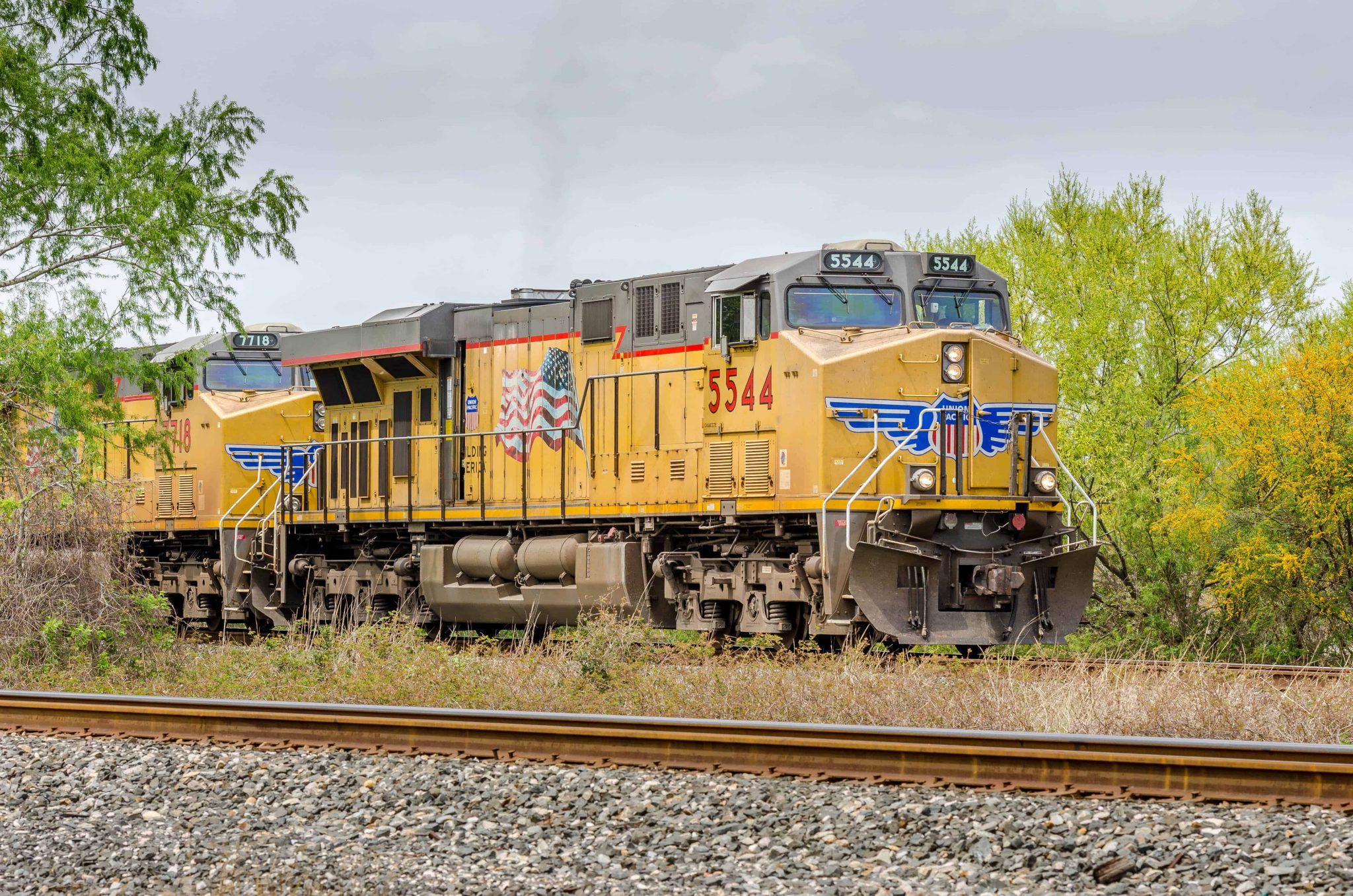
Jason Vazquez is a staff attorney at the International Brotherhood of Teamsters. He graduated from Harvard Law School in 2023. His writing on this blog reflects his personal views and should not be attributed to the IBT.
In today’s news and commentary, progressive lawmakers support rail workers, but legislation implementing agreement likely to pass; Biden’s nomination for Wage and Hour chief advances; and the NLRB extends the comment period on its proposed election-blocking and voluntary recognition rules.
As a potentially crippling national rail shutdown hangs in the balance, several progressive lawmakers took to social media this week to express support for the railway employees. To contextualize the situation, over the weekend President Biden urged Congress to statutorily implement the tentative agreement between the unions representing nearly 115,000 freight rail employees and the nation’s largest rail carriers that his administration helped broker in September. Rep. Alexandria Ocasio-Cortez (D-NY) responded to the President’s demands by affirming that she stands in solidarity with the workers, who, she asserted in rhetoric evocative of Eugene Debs’ iconic Canton, Ohio speech, “grind themselves to the bone for this country as their labor produces billions for Wall St.” If Congress intervenes, she insisted, “it should be to have workers’ backs and secure their demands in legislation.” Similarly, Sen. Bernie Sanders (I-VT) demanded that “Congress must stand with rail workers,” and Rep. Jamaal Bowman (D-NY) tweeted that he “can’t in good conscience vote for a bill that doesn’t give rail workers the paid leave they deserve.” Rep. Ro Khanna (D-CA) deemed it “absurd” that the agreement affords workers only one paid sick day, and Rep. Cori Bush (D-MO) confirmed that she “will not support a deal that does not provide our rail workers with the paid sick leave they need and deserve.” Moreover, support for these workers is, to a limited extent, crossing partisan lines. Senator Marco Rubio (R-FL) remarked that he “will not vote to impose a deal that doesn’t have the support of the rail workers.” He urged the railways and their employees to negotiate a deal that the workers, “not just the union bosses,” accept.
In any event, congressional leaders from both parties have pledged to move quickly to forestall a national rail shutdown, and legislation to that end appears likely to pass the House today. Reports disclose that House leaders intend to deploy a strategy calculated to attract the support of progressives, pursuant to which the chamber will first vote to implement the administration’s tentative agreement and then consider a separate bill which would incorporate seven days of paid sick leave into that deal. Both bills, if passed, would then be transmitted to the Senate, where leaders expect to have the votes necessary to surmount a filibuster. All told, then, President Biden coolly conveyed confidence on Tuesday that the government would, once again, manage to preempt a national rail strike.
In regulatory news, the Senate HELP Committee voted on Tuesday, following several rounds of delay, to advance Biden’s nomination for Administrator of the DOL’s Wage and House Division, which is the top enforcer of the federal government’s wage and hour laws. The nomination will now be taken up by the full Senate. Biden nominated Jessica Looman, a former labor lawyer and union official, in July, after the Senate rejected his first pick, David Weil. Looman has been leading the agency as its Principal Deputy Administrator since January 2021.
In NLRB news, the agency extended the deadline for submitting comments on its proposed rulemaking in connection with election-blocking charges and the voluntary recognition bar to February 2, 2023. The proposed rules would rescind a regulation promulgated by the Trump Board in 2020, thereby restoring the Board’s longstanding approach to “blocking charges,” under which regional directors are permitted to delay processing election petitions against a backdrop of pending unfair labor practices charges. In addition, the rule would reinstate the Board’s Lamons Gasket doctrine, which bars any party from filing an election petition for a “reasonable period of time” following an employer’s voluntary recognition of a union.






Daily News & Commentary
Start your day with our roundup of the latest labor developments. See all
April 26
Starbucks and Workers United resume bargaining talks; Amazon is ordered to disclose records; Alabamians support UAW’s unionization efforts.
April 25
FTC bans noncompete agreements; DOL increases overtime pay eligibility; and Labor Caucus urges JetBlue remain neutral to unionization efforts.
April 24
Workers in Montreal organize the first Amazon warehouse union in Canada and Fordham Graduate Student Workers reach a tentative agreement with the university.
April 23
Supreme Court hears cases about 10(j) injunctions and forced arbitration; workers increasingly strike before earning first union contract
April 22
DOL and EEOC beat the buzzer; Striking journalists get big NLRB news
April 21
Historic unionization at Volkswagen's Chattanooga plant; DOL cracks down on child labor; NY passes tax credit for journalists' salaries.